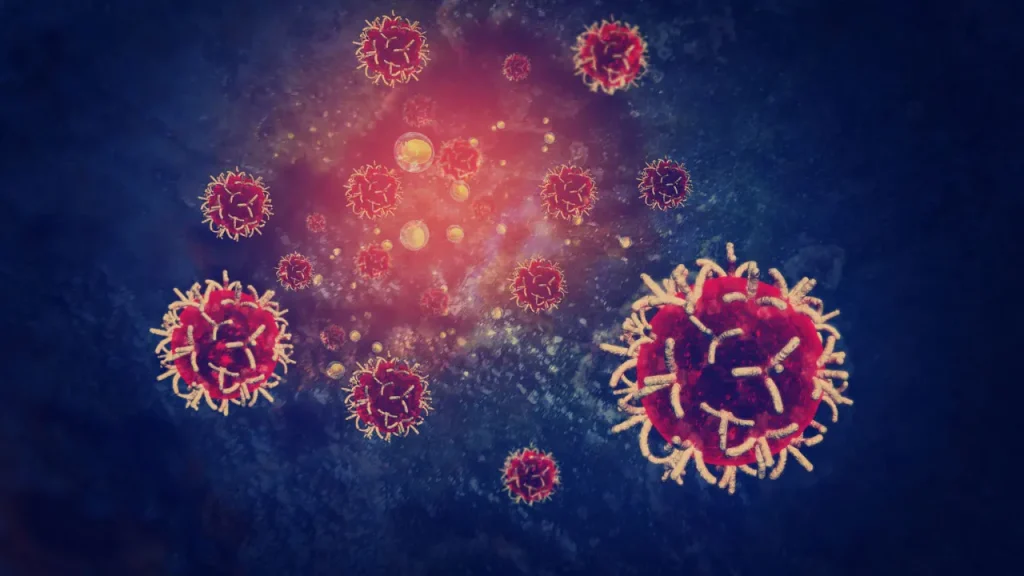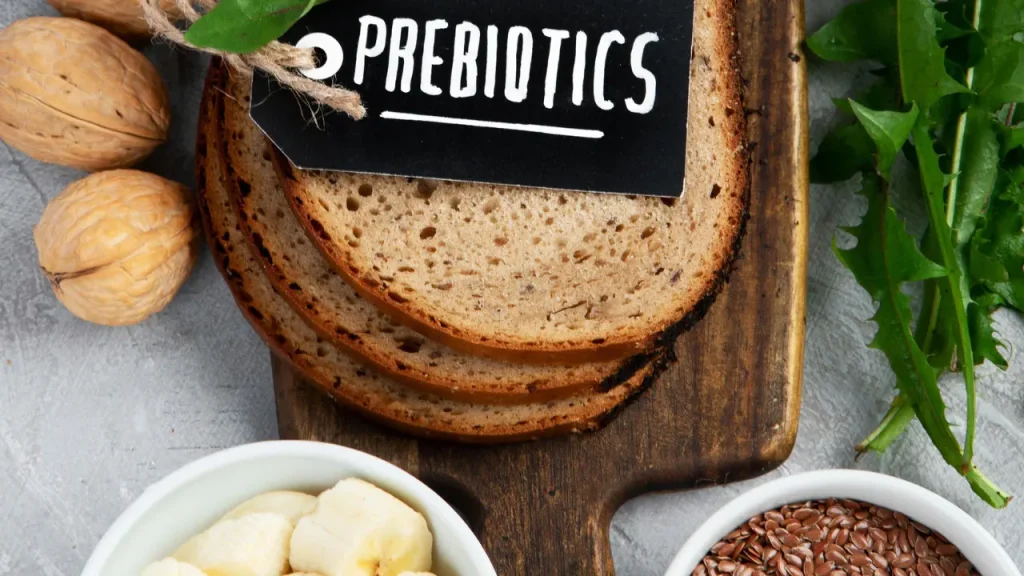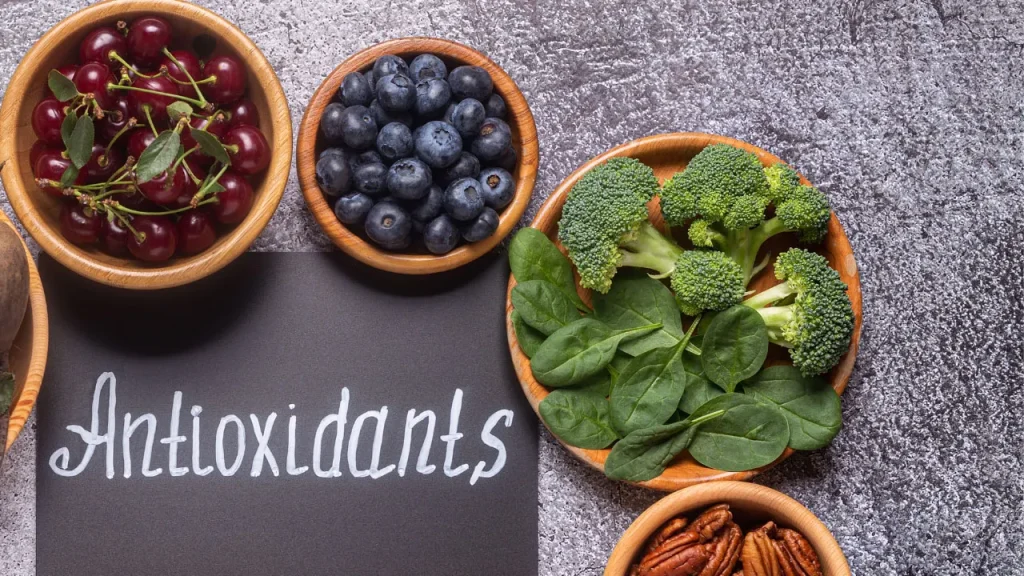Coastal areas of North Africa, Europe, and Western Asia are home to the perennial herbaceous plant known as buck’s-horn plantain (plantago coronopus). It gets its name from the rosette of slender, sharply lobed leaves that mimic the form of a deer’s antler. Due to its phytochemical components and possible health advantages, this plant has gained significant interest in nutritional and medical research.
You May Also Like:
5 Great Nootropic Herbs for Energy, Focus, and Productivity
A Nootropic Herb for Cognitive Enhancement: Discover Bacopa Monnieri Benefits and Side Effects
Buck’s-Horn Plantain: Benefits, Dosage, Side Effects, Drug Interactions, and Other Important Information is an original (NootropicsPlanet) article.
Nature of Buck’s-Horn Plantain
The plantaginaceae family includes perennial herbaceous plants like the buck’s-horn plantain (plantago coronopus). Although it is originally from coastal areas of North Africa, Europe, and Western Asia, the plant has now migrated to other continents, including North America. The buck’s-horn plantain gets its name from a rosette of thin, deeply lobed leaves that closely resemble a buck’s antlers. The plant may be found in settings like salt marshes and coastal dunes since it thrives in salty and sandy soils[1].
Health Benefits
The antioxidant and anti-inflammatory properties of buck’s-horn plantain are primarily responsible for its health advantages. Oxidative stress, which is defined by an imbalance between the body’s ability to combat free radicals’ damaging effects and the creation of free radicals, is linked to a number of chronic illnesses, including cancer, cardiovascular disease, and neurological disorders. Buck’s-horn plantain contains antioxidants that aid in scavenging these free radicals and reducing oxidative stress [5].
Inflammation is decreased by the flavonoids and phenolic acids in buck’s-horn plantain, which block the activity of pro-inflammatory enzymes including cyclooxygenase and lipoxygenase [6]. This anti-inflammatory effect may be helpful in treating diseases including inflammatory bowel disease, asthma, and arthritis.
Additionally, buck’s-horn plantain’s polysaccharides are essential for enhancing intestinal health. They work as prebiotics, promoting the development of advantageous gut flora that boost immunity overall and gut health [7].

Chemistry
The complex phytochemical profile of buck’s-horn plantain is what gives it both therapeutic and nutritional benefits. It includes substances with antioxidant, anti-inflammatory, antibacterial, and noninflammatory properties such as flavonoids, terpenoids, phenolic acids, and polysaccharides [1].
Apigenin and luteolin are two flavonoids renowned for their anti-inflammatory and antioxidant effects. They support the fight against oxidative stress, which is a major contributor to many chronic illnesses [2]. Similar to this, buck’s-horn plantain terpenoids like ursolic acid and oleanolic acid show strong anti-inflammatory and anticancer properties [3].
Strong antioxidants including gallic, vanillic, and ferulic acids are phenolic acids that also add to the plant’s health advantages. Polysaccharides are bio-active substances with immunomodulatory properties that are essential for improving gut health [4].
Physiological Properties of Buck’s-Horn Plantain
Buck’s-horn plantain’s physiological properties, which are mainly focused on its antioxidant, anti-inflammatory, and pre-biotic actions, may be ascribed to its possible health benefits.
- Antioxidant Activity: The abundance of flavonoids and phenolic acids in buck’s-horn plantain contributes to its antioxidant activity. These substances reduce oxidative stress by neutralizing damaging free radicals in the body [14]. Oxidative stress, which is defined by an imbalance between the body’s ability to combat the damaging effects of free radicals and their generation, has been linked to a number of chronic illnesses, including cancer, cardiovascular disease, and neurological disorders[5, 6].
- Anti-inflammatory Activity: Cyclooxygenase and lipoxygenase, two pro-inflammatory enzymes, are inhibited by the flavonoids and phenolic acids in buck’s-horn plantain [15]. Reduced inflammation as a consequence of this inhibition can help with the treatment of diseases including inflammatory bowel disease, asthma, and arthritis.
- Prebiotic Activity: Buck’s-horn plantain polysaccharides have chemicals that stimulate the development or activity of advantageous microbes in the gut [16]. These polysaccharides aid in boosting the development of helpful gut bacteria, which enhances gut health and immunity in general.

Optimal Dosage
The ideal buck’s-horn plantain dose varies depending on your age, general health, and the ailment being treated. For healthy individuals, it is generally recommended to take 1-2 grams of dried buck’s-horn plantain leaves each day. However, it’s crucial to speak with a doctor before beginning a new supplement regimen[8].
Side Effects
When used sparingly, buck’s-horn plantain is usually regarded as safe. However, due to its high fiber content, excessive consumption can cause negative effects such diarrhea, nauseousness, and stomach cramps[9].
When it comes to drug interactions, buck’s-horn plantain could have an effect on certain prescription drugs. Due to its high fiber content, oral drugs may not be absorbed as well, thereby decreasing their effectiveness[10]. The plant’s vitamin K level may impact blood coagulation if you are taking anticoagulant medication.

Potential Substance Interactions
Due to its high fiber content, buck’s-horn plantain may interact with several drugs, reducing their absorption and effectiveness. For instance, drugs used to treat long-term diseases including heart disease, diabetes, and hypertension might be impacted. Potentially, the fiber in buck’s-horn plantain will attach to these drugs in the digestive system, slowing or stopping their absorption[1].
Additionally, the plant’s vitamin K concentration may conflict with warfarin and other anticoagulant drugs. A surplus of vitamin K may counteract the effects of warfarin and raise the risk of blood clots since vitamin K is involved in the blood clotting process[2].
Lithium, a drug used to treat bipolar illness, is another possible interaction. As a diuretic, buck’s-horn plantain could alter the amount of lithium the body can excrete, raising lithium levels and possibly causing harmful side effects[3].
It’s important to keep in mind that using buck’s-horn plantain with certain herbs or supplements that are known to have diuretic effects might possibly intensify that impact and cause dehydration. These consist of horsetail, juniper, and dandelion[4].
Because of these possible interactions, it is crucial for anyone taking medication or who has underlying health issues to speak with a doctor before consuming buck’s-horn plantain.
Best Responsible Uses of Buck’s-Horn Plantain
It is important to utilize buck’s-horn plantain as a dietary supplement cautiously and deliberately, keeping in mind any potential health advantages, side effects, and any drug interactions.
Buck’s-Horn Plantain:
Conclusion
As an antioxidant supplement, buck’s-horn plantain is one of the main and greatest supplements for it. Due to its high flavonoid and phenolic acid content, it helps reduce oxidative stress, which has been linked to a number of chronic illnesses, including cancer, cardiovascular disease, and neurological disorders[14]. The antioxidants in buck’s-horn plantain may aid in promoting general health and wellbeing by scavenging dangerous free radicals.

References:
- Buck’s-horn Plantain – Plantago coronopus link:https://www.naturespot.org.uk/species/bucks-horn-plantain
- Plantago coronopus (Buck’s-horn plantain) link:https://www.cabidigitallibrary.org/doi/10.1079/cabicompendium.109678
Important Note: The information contained in this article is for general informational purposes only, and should not be construed as health or medical advice, nor is it intended to diagnose, prevent, treat, or cure any disease or health condition. Before embarking on any diet, fitness regimen, or program of nutritional supplementation, it is advisable to consult your healthcare professional in order to determine its safety and probable efficacy in terms of your individual state of health.
Regarding Nutritional Supplements Or Other Non-Prescription Health Products: If any nutritional supplements or other non-prescription health products are mentioned in the foregoing article, any claims or statements made about them have not been evaluated by the U.S. Food and Drug Administration, and such nutritional supplements or other health products are not intended to diagnose, treat, cure, or prevent any disease.


